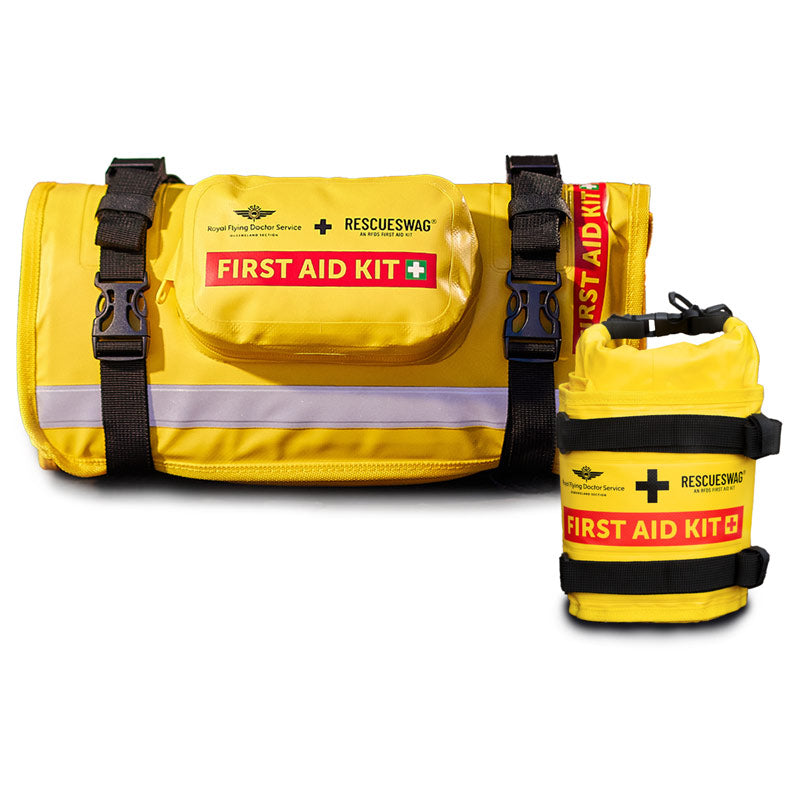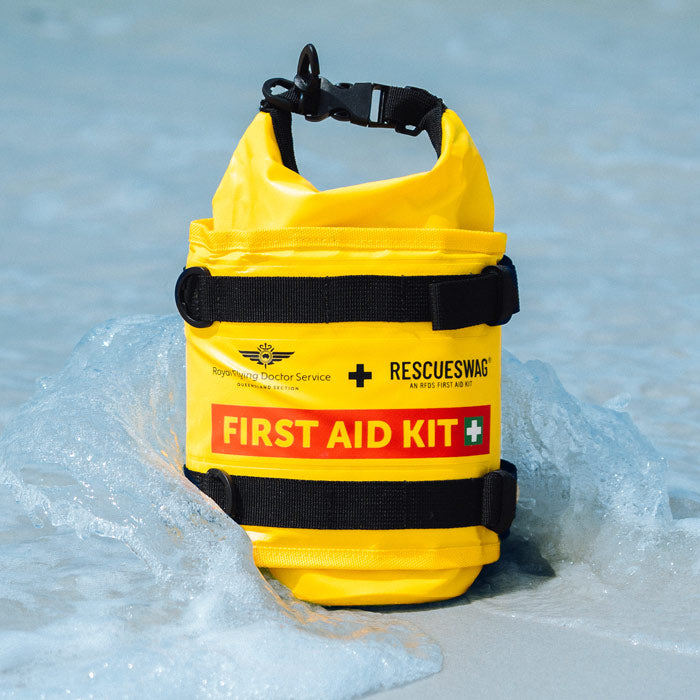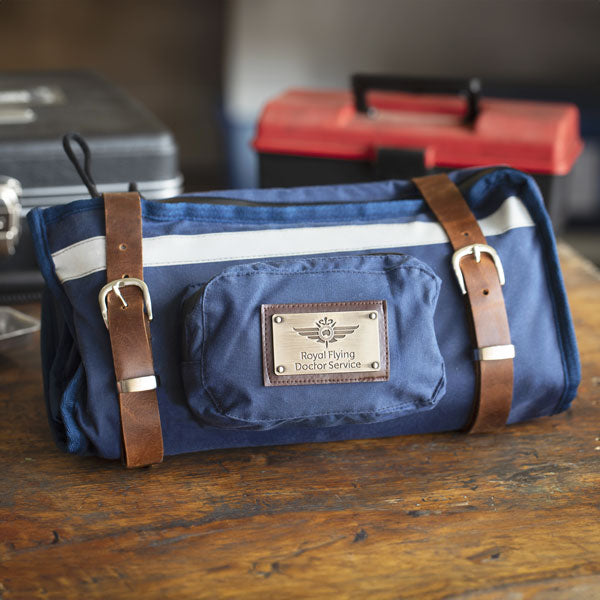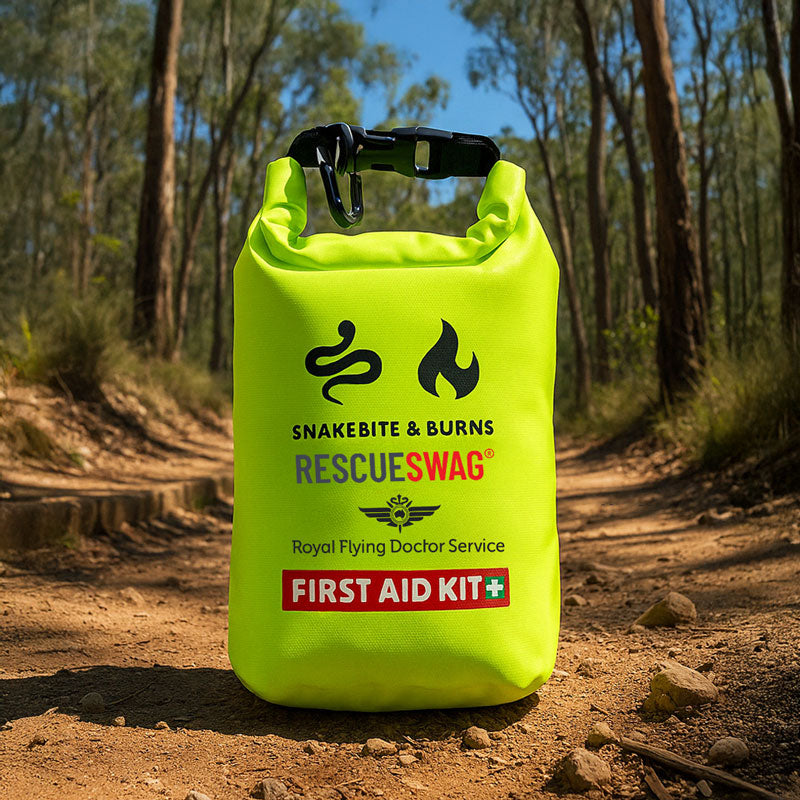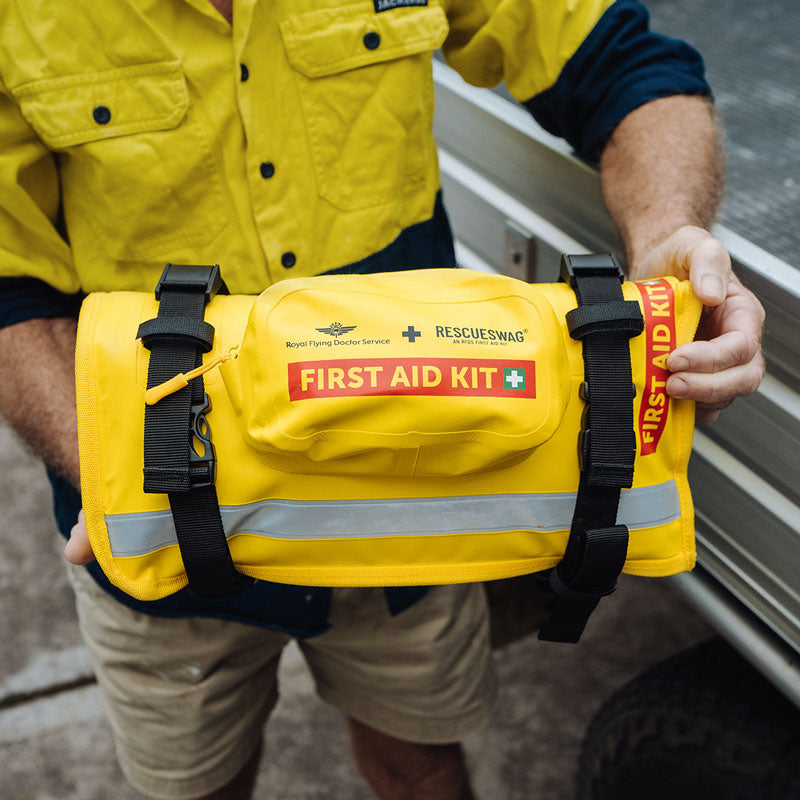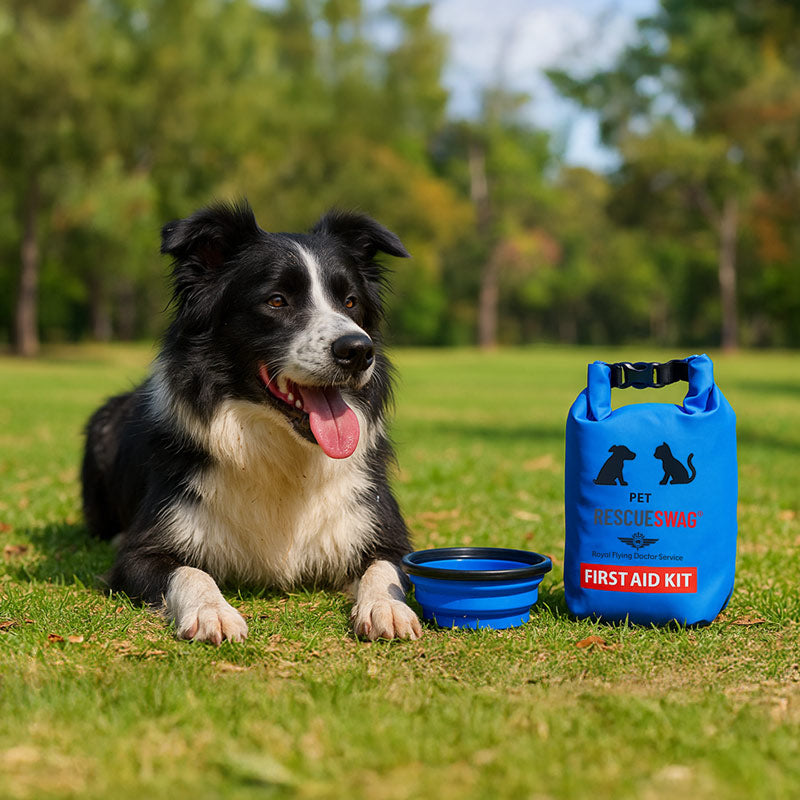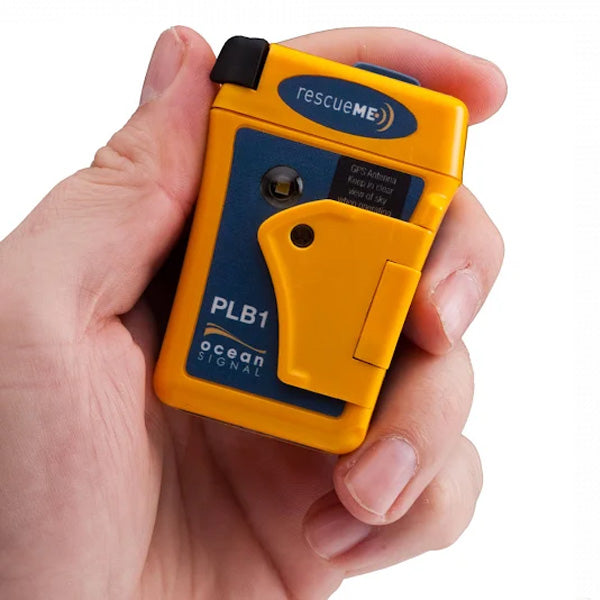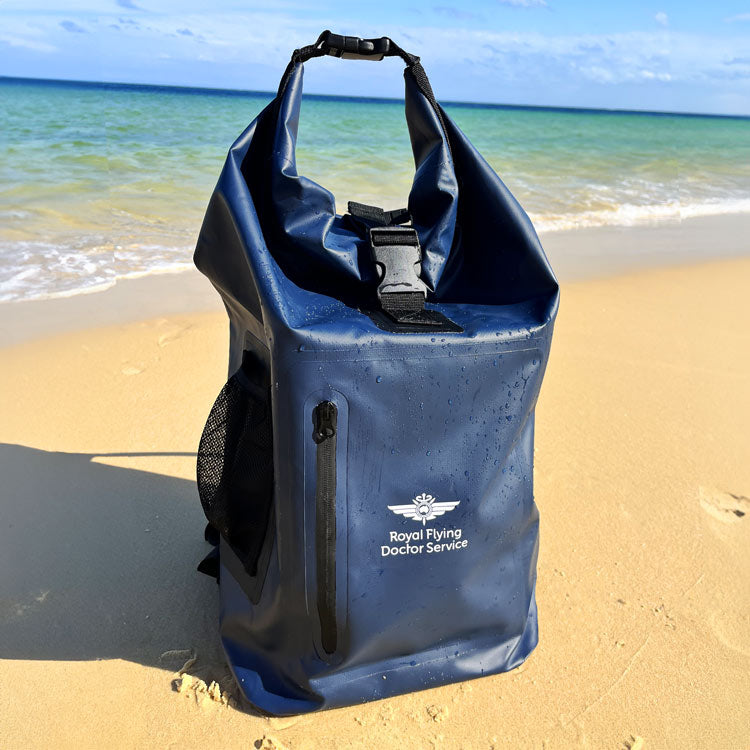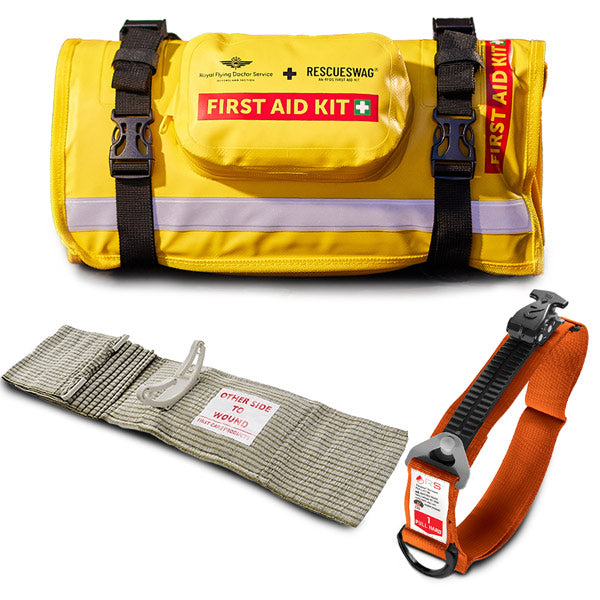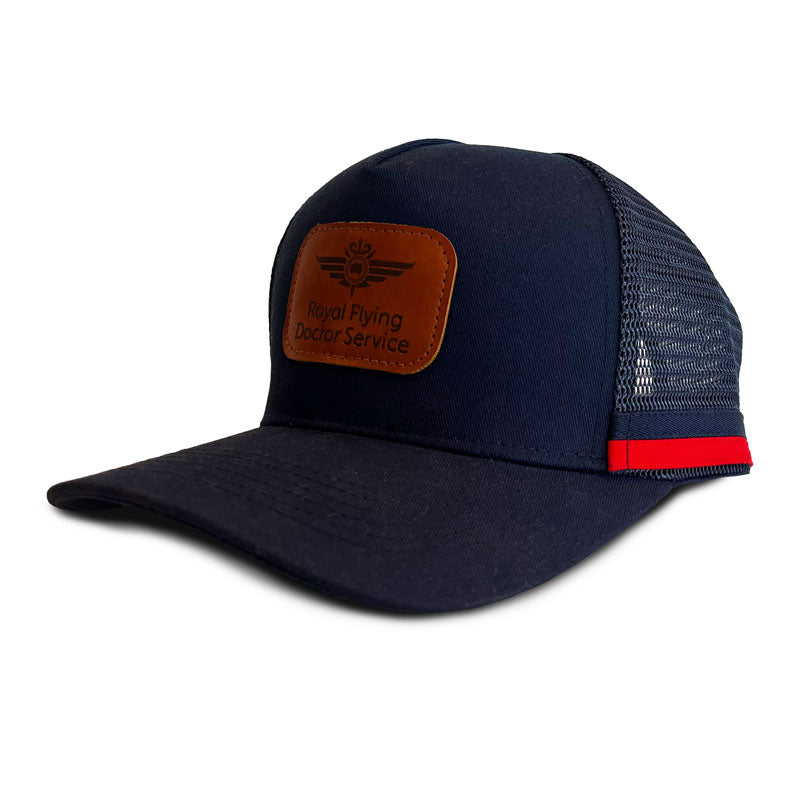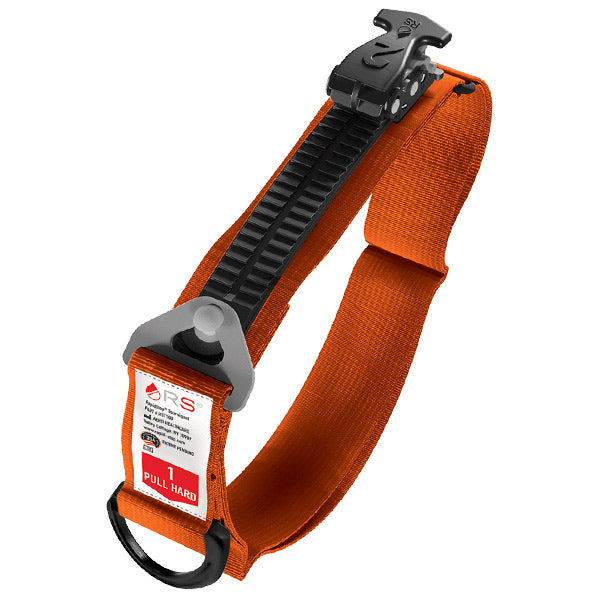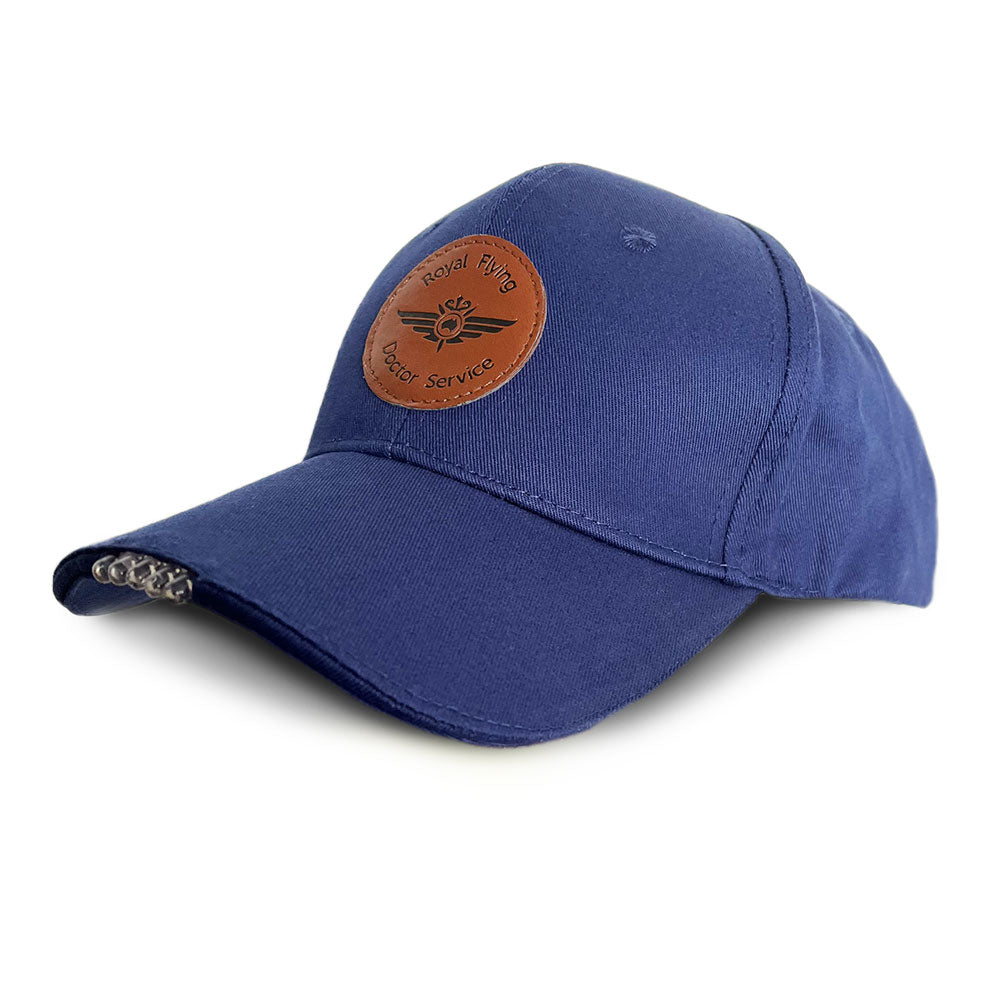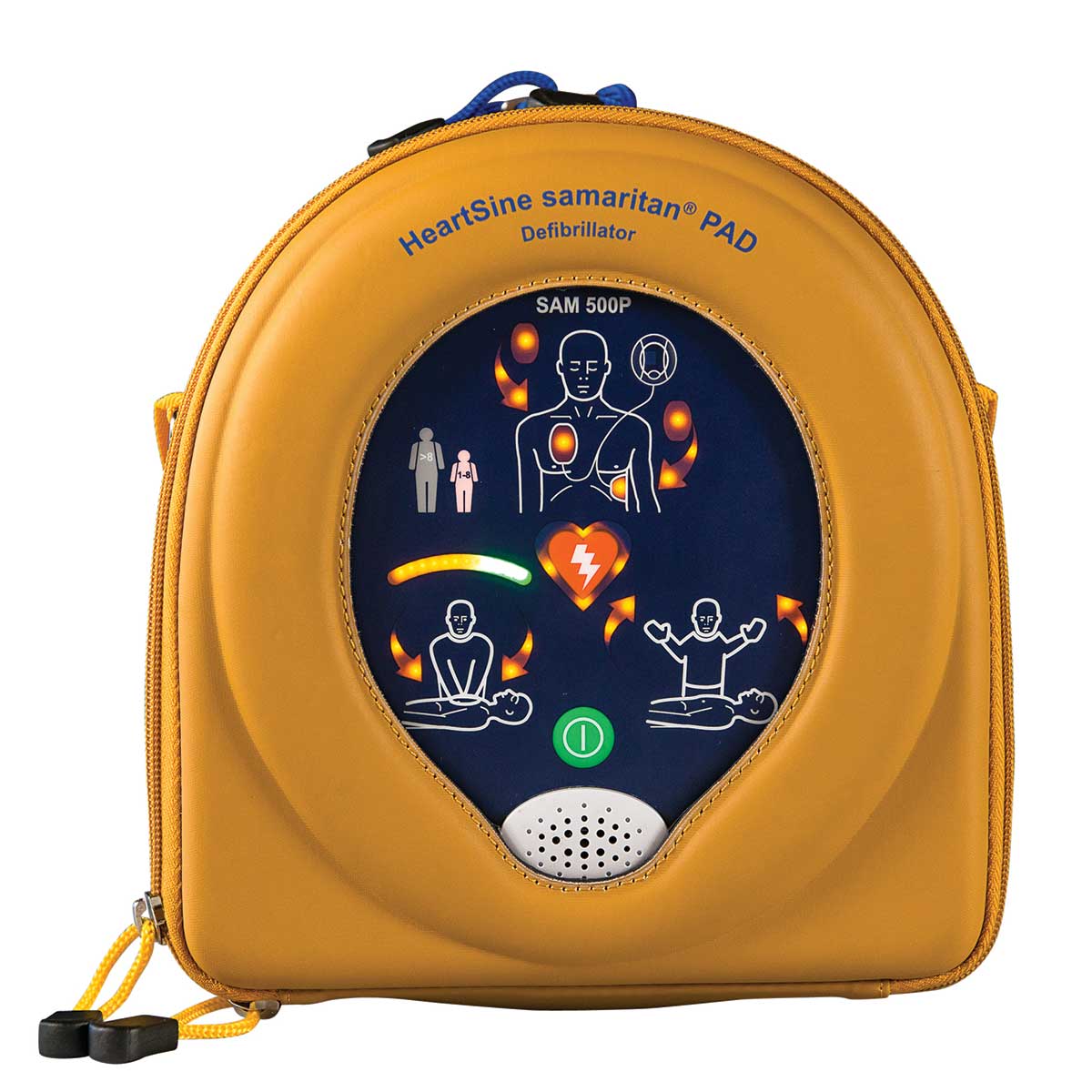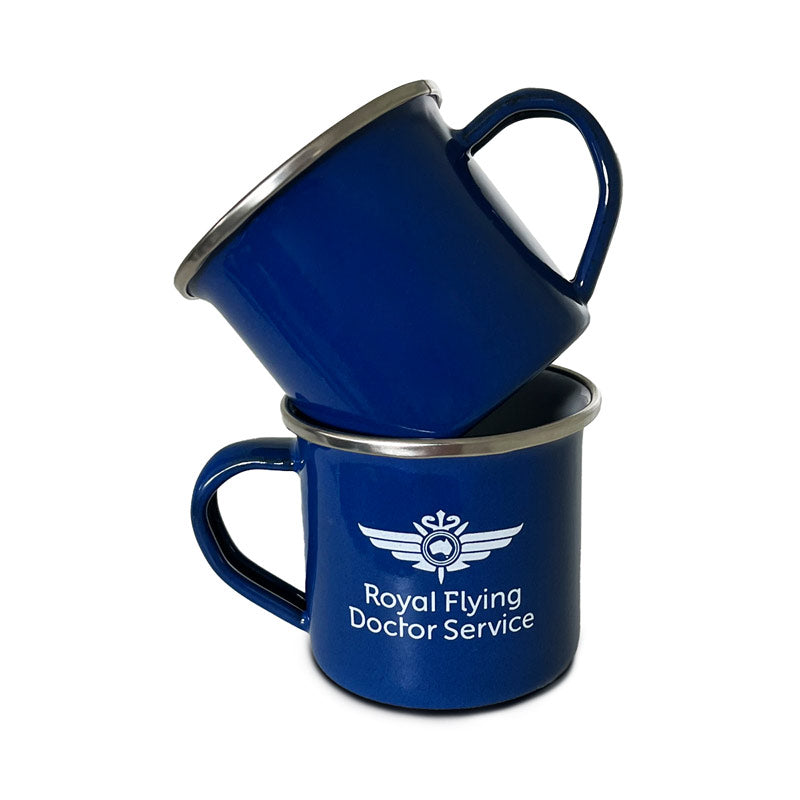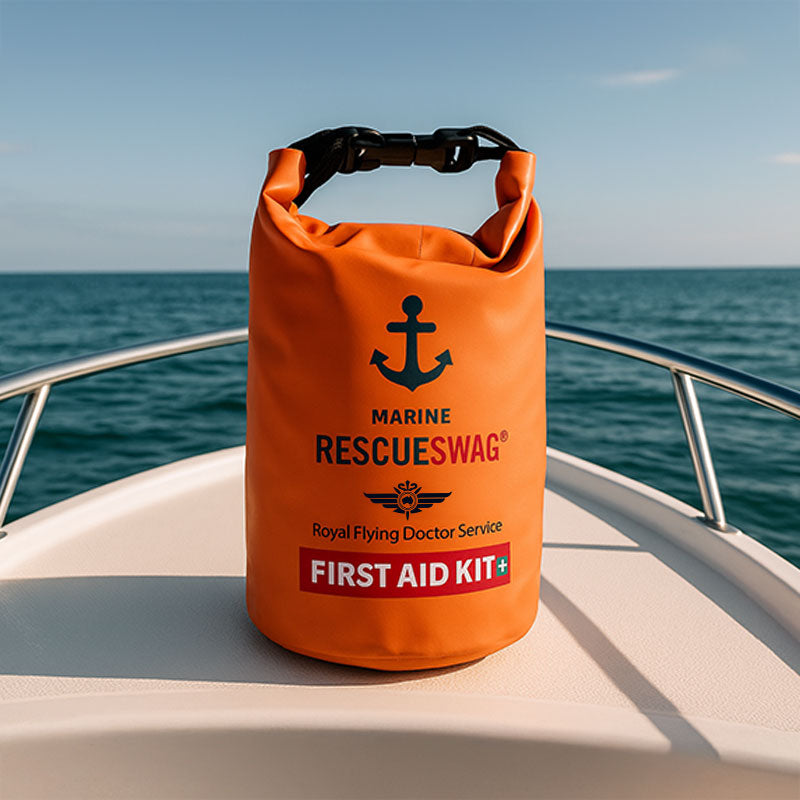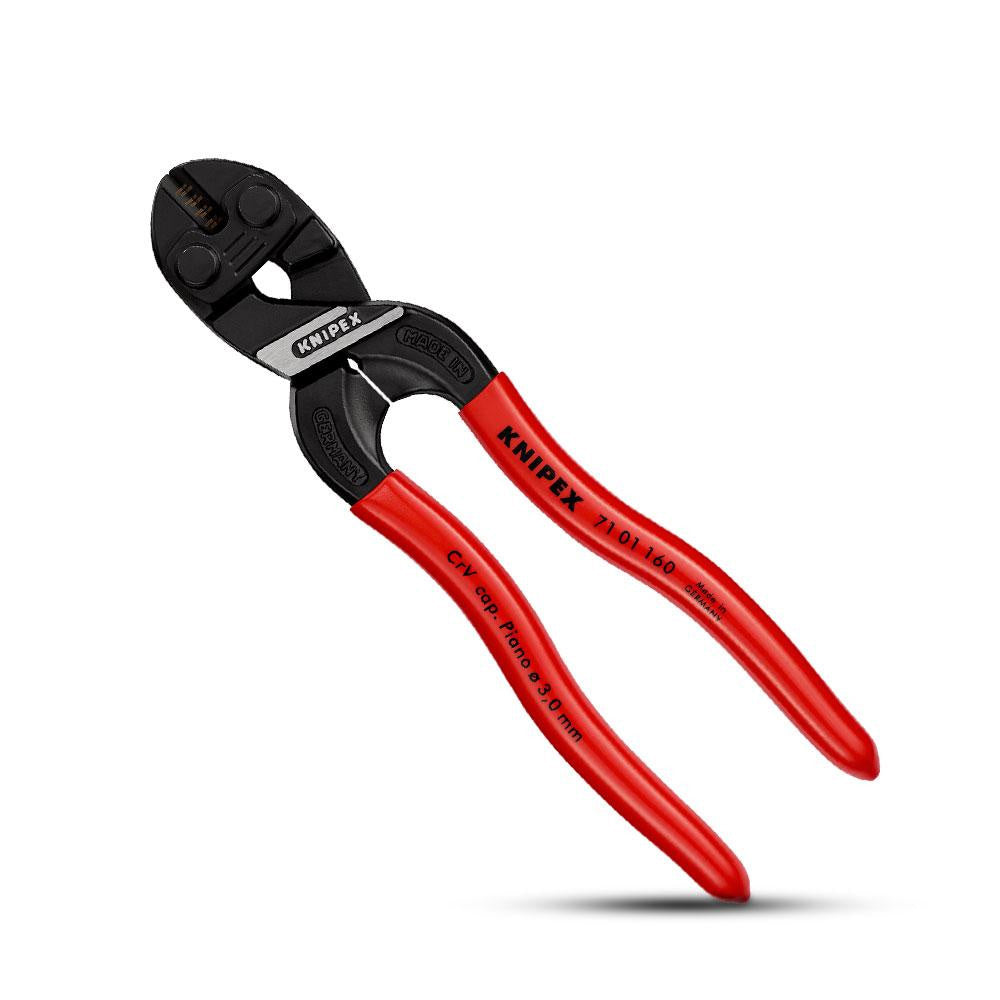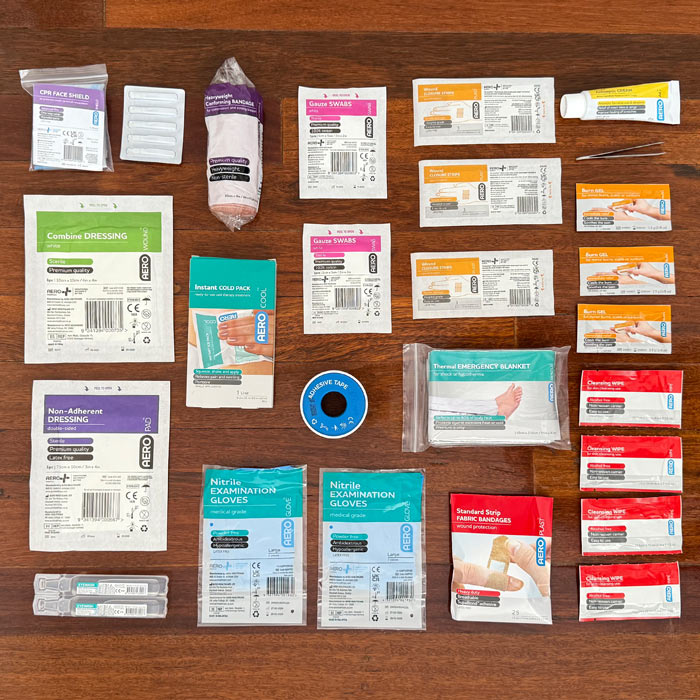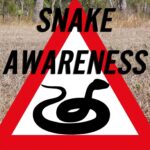 This is the first in our new Series of Emergency First Aid Tips on different situations that you could find yourself in.
This is the first in our new Series of Emergency First Aid Tips on different situations that you could find yourself in.
Snake Bites - Emergency First Aid
It’s critical to know how to respond to a snakebite emergency.
Snakes are found in every state and territory of Australia and most snake attacks occur near houses, not in the bush. Bites primarily occur while people are out walking, gardening and trying to catch a snake. Garages and sheds are favourite places too. So be aware when opening a storage box, that there might be a snake curled up inside.There are around 3,000 reported snakebites each year in Australia, resulting in 500 hospital admissions and an average of two fatalities.Common symptoms of a snake bite include an unexplained collapse, vomiting and abdominal pain, bleeding or paralysis, which is why it is extremely important to act quickly. There are also many common fallacies around the treatment of a snake bite and it is important to know that snake venom in Australian snakes does not enter the blood stream, but into the lymphatic system.
Important dos and don’ts for Emergency First Aid for snake bites
- Do NOT wash the area of the bite or try to suck out the venom. It is extremely important to retain traces of venom for use with venom identification kits.
- Do NOT incise or cut the bite, or apply a high tourniquet. Cutting or incising the bite won’t help. High tourniquets are ineffective and can be fatal if released.
- Do bandage firmly, splint and immobilise to stop the spread of venom. All the major medical associations recommend slowing the spread of venom by placing a folded pad over the bite area and then applying a firm bandage. It should not stop blood flow to the limb or congest the veins. Only remove the bandage in a medical facility, as the release of pressure will cause a rapid flow of venom through the bloodstream.
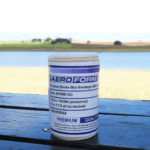 This is why all Rescue Swag kits have the very best snake bite bandages on the market. Be guided by the rectangle on the bandage: when it is applied at the correct tension the rectangle will become a square, taking the guess work out when you are already stressed.
This is why all Rescue Swag kits have the very best snake bite bandages on the market. Be guided by the rectangle on the bandage: when it is applied at the correct tension the rectangle will become a square, taking the guess work out when you are already stressed.- Do NOT allow the victim to walk or move their limbs. Use a splint or sling to minimise all limb movement. Put the patient on a stretcher or bring transportation to the patient.
- Do seek medical help immediately as the venom can cause severe damage to health or even death within a few hours.
The brown snake was the most common biter (41%) closely followed by the Tiger Snake (17%) and the Red-bellied black snake at (16%), where the snake was positively identified.
We hope these Snake Bite Emergency First Aid tips are helpful. Keep Safe!


